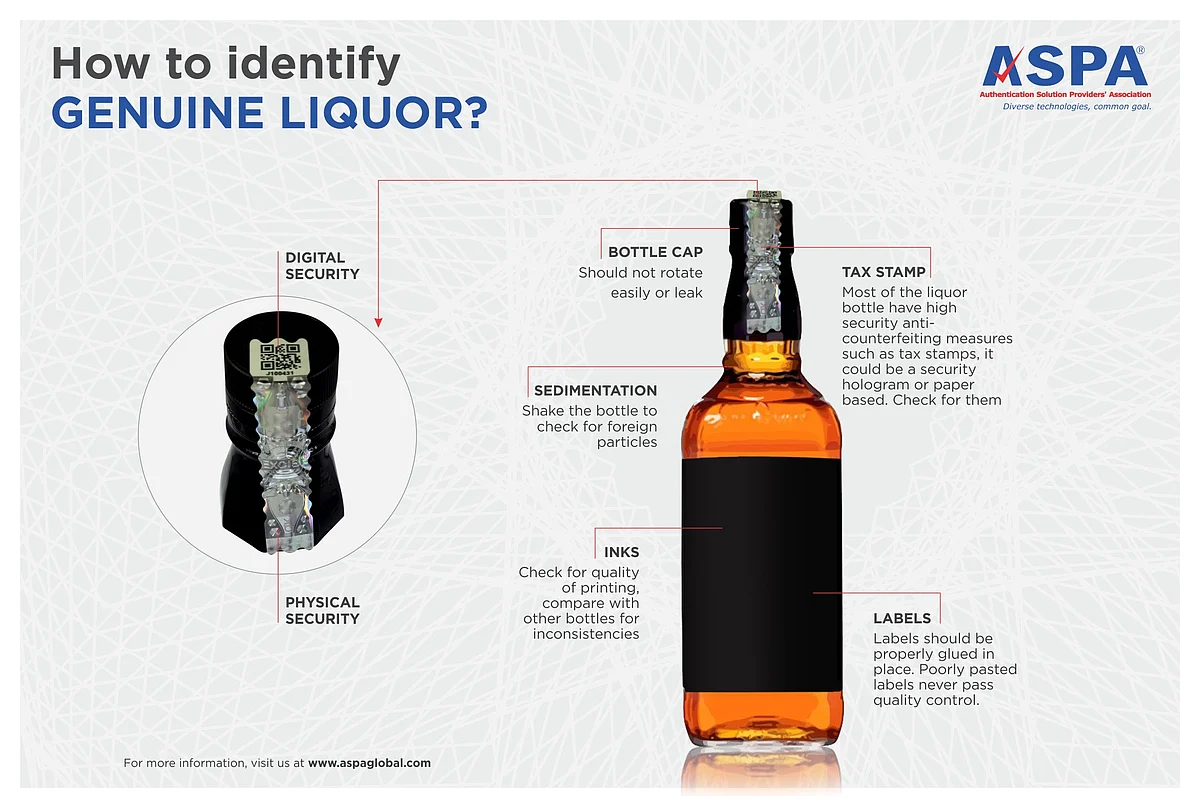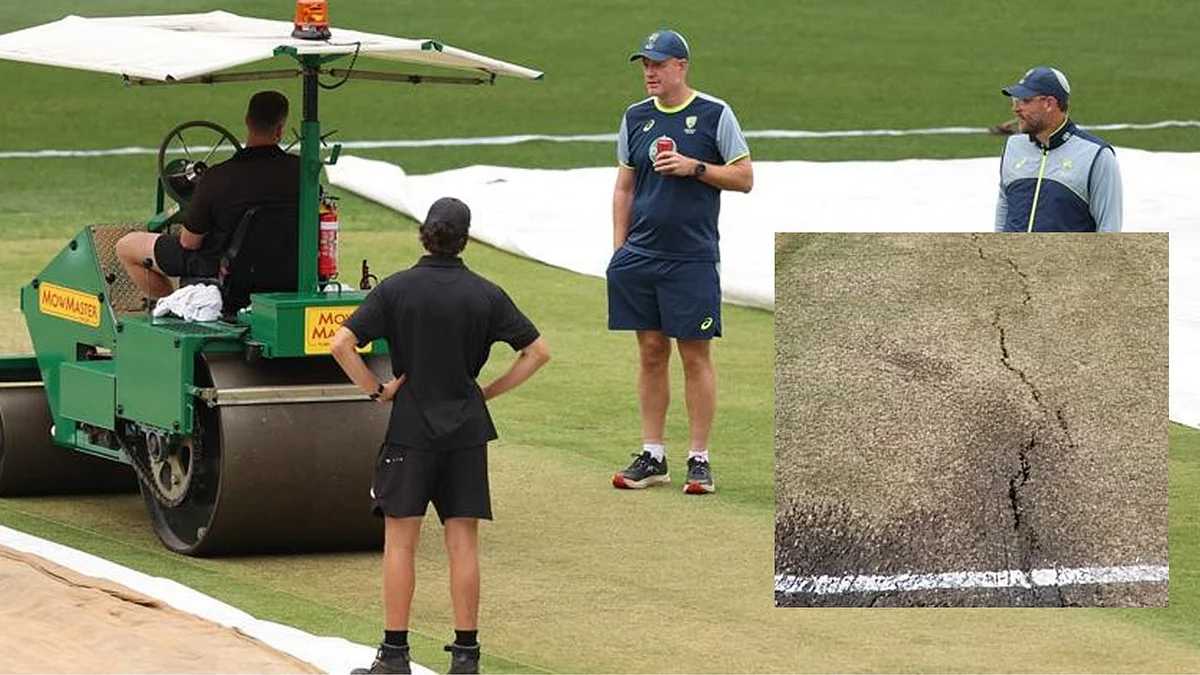It's been almost two months since lockdown. And, many states have slowly started easing lockdown restrictions by allowing resumptions of e-commerce and home delivery of other essential services. Recently, in what was termed as a 'welcome move' by retailers and consumers, Maharashtra government allowed home delivery of liquor. This came after social distancing norms went for a toss when people queued up to buy liquor when the ban on liquor sale during lockdown was lifted.
In a bid to control the spread of coronavirus, the state government allowed retailers to home deliver liquor.
But, industry experts feel consumers often get cheated by sellers while buying products through e-commerce sites and end up with a low or bad quality product. That's also because consumers often do not know how to distinguish between an authentic and a fake product. The same also applies to liquor.
While talking about identifying the authenticity of the liquor ordered online, Arun Agarwal, Vice-President of Authentication Solution Providers’ Association (ASPA), a non-profit organisation, says, “Even in a normal scenario, alcohol products are under the continuous threat of counterfeiting. During the COVID-19 lockdown, the problem has further aggravated due to the gap between demand and supply. Firstly, if there is an online delivery system, please re-verify it from the concerned State Excise Department Website. Please recheck the web-link. One should not prey to the online delivery of alcohol advertisements.”
Agrawal also said “the duped one may be re-routed from a different platform” such as www.thebeerguy.ca.
“A technology-enabled delivery solution can promote the responsible consumption of alcohol. One needs to ensure that what he is getting is genuine. For this Excise Department must enhance consumer awareness to participate in the authentication. This way it will ensure transparency in the supply chain,” he added.
It also comes down to genuineness of liquor. Many people cannot spot the difference between authentic and fake liquor by just looking at. Also, some bootleggers are clever enough to even mimic the original by blending different types of liquor.
While shedding light on the topic, Agarwal said one can check the genuineness of liquor at three-level. At the point of purchase, delivery as well as after opening it and before consumption. “At the time of purchase, one can pay close attention to the packaging. Usually, there are visible differences in the size, logo, and colours used in packaging. This difference might be as small as the text that is being used or a slight change in the logo. A regular user with a keen eye might spot it in an instance. For example, names such as Johnnie Walker should be with an ‘ie’ and not a ‘y’ and Chivas Regal would suddenly be turned into Chivas Rigal. Never accept a product that might seem it has been previously opened. These features are generally missing from fake products. Smudged labels also indicate that the product is counterfeit,” he explained.
Agrawal advises checking for mandatory authentication features, FSSAI statutory warning, manufacturing and expiry dates at the time of delivery. “Most liquor bottles carry authentication features called tax stamps which are affixed on the neck of the bottle (For example security hologram/paper label with or without QR code). These are placed to ensure that the product is original and untampered. One can verify these codes from the state excise website or via mobile app. For example, Delhi has one such “mLiquorSaleCheck” or delhiexcise.gov.in,” he said.
Agrawal stressed on checking for inconsistency in the texture, smell, and colour of the liquor. “These are indicators if the product is fake or original. A responsible-reputed brand would never compromise on quality. Generally, alcohol smells strong, spicy, woody, or fruity depending on the type you purchase. However, it will NOT smell like nail varnish, turpentine, or chemicals – which are common scents for fake hard liquor,” he said.
One must identify liquor at three levels to ensure its health and life, at point of purchase, delivery, and before consumption. Please see the reference image.

While explaining about counterfeit alcohol, Agarwal said, “Any illicit alcohol product sold as licit brands is counterfeit. When producing counterfeits, the forgery goes beyond the product’s label, often including bottle designs and caps. Mostly, these counterfeits / illicit alcohol products are either produced by manufacturers who do not comply with rules & regulations, suppliers of empty bottles & intermediaries with bars and clubs.”
If one finds such fake or counterfeit alcohol one can complain with the Food Safety & Standards Authority of India (FSSAI), the concerned State Excise Department, and even the brand officials.











